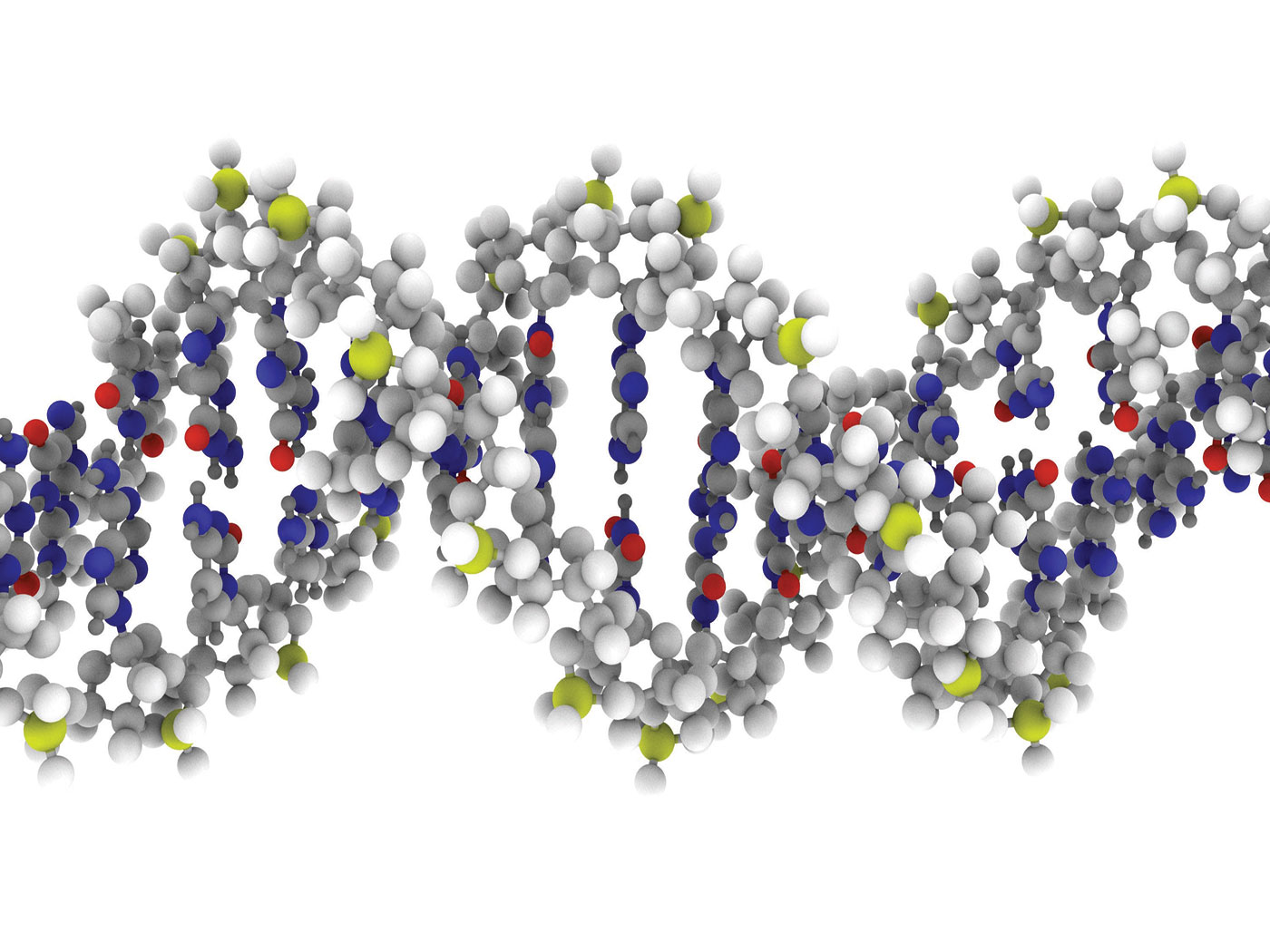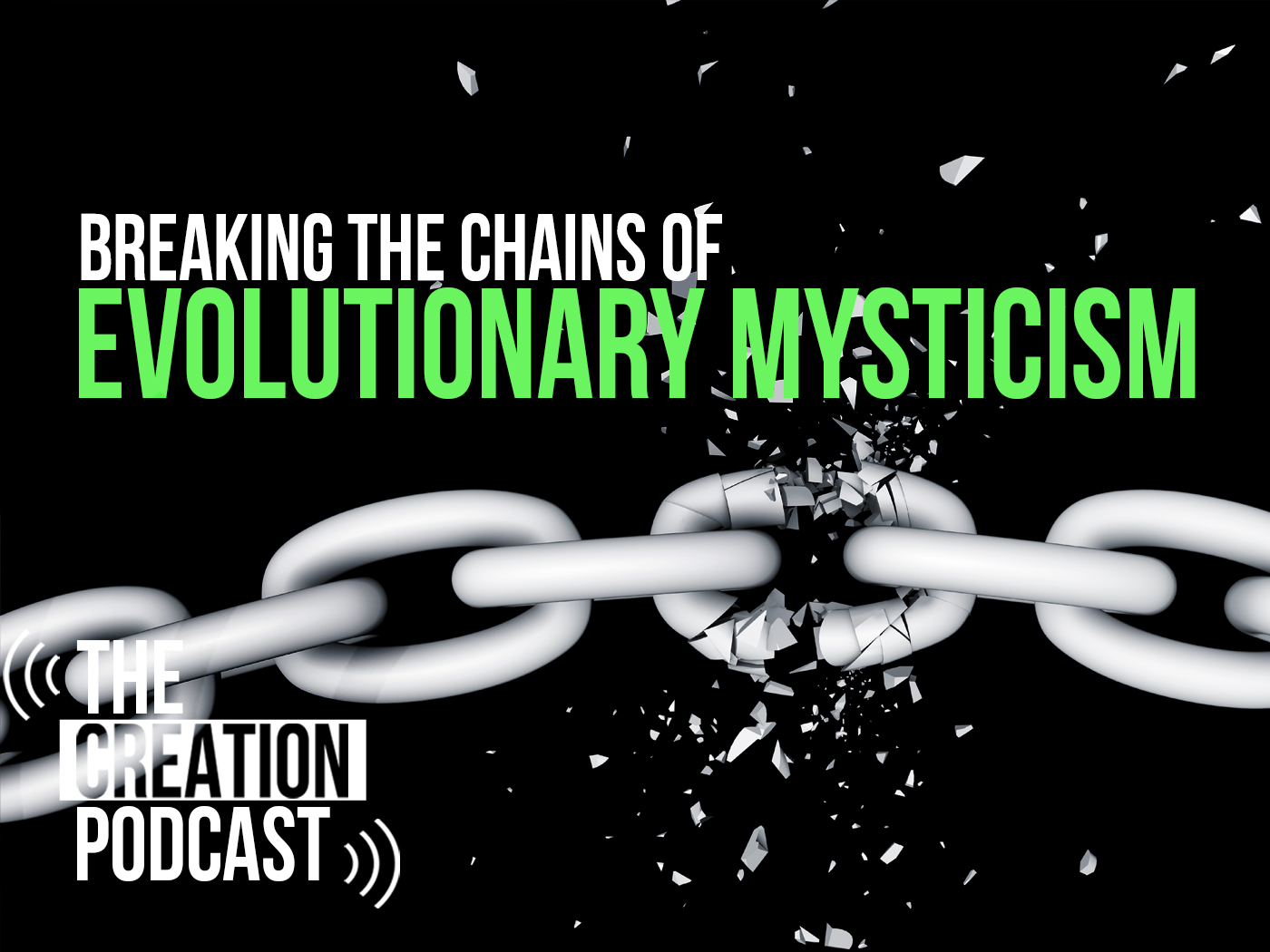“If there come any unto you, and bring not this doctrine, receive him not into your house, neither bid him God speed.” (2 John 1:10)
This apparently harsh instruction seems at first to conflict with the many biblical exhortations to show hospitality, but it needs to be placed in context. The one-chapter epistle of 2 John was addressed to “the elect lady and her children” by John, who also extended greetings from “the children of thy elect sister” (vv. 1, 13). These unusual phrases, together with the general tone of the epistle, make it almost certain that John was not referring simply to two individual Christian women, but to two churches, symbolically personified as two noble ladies with the “children” being the new converts in the churches.
The warning, then, is primarily against the danger of allowing a false teacher to come into the church, as a pastor or a teacher or even as a visiting speaker, who would not bring “this doctrine.” The doctrine mentioned is obviously “the doctrine of Christ” (v. 9). This doctrine of Christ is not, however, simply a set of doctrinal tenets about the person and work of Jesus Christ. It is not the doctrine about Christ, but of Christ—belonging to Him—His doctrine. The word “doctrine” is didache, meaning literally “teachings.” The meaning clearly is “the teachings of Christ,” that is, not just one or two least-common-denominator statements about Christ to which all nominal Christians could give assent, but the entire body of teachings that had come from Jesus.
Further, since He taught that all the Old Testament is inspired and authoritative and also promised the same to the writers of the New Testament, this “doctrine of Christ” includes “all the counsel of God” (Acts 20:27), from Genesis through Revelation. How important it is not to allow false teaching to get a foothold in a local church. HMM

Days of Praise Podcast is a podcast based on the Institute for Creation Research quarterly print devotional, Days of Praise. Start your day with devotional readings written by Dr. Henry Morris, Dr. Henry Morris III, Dr. John Morris, and others to strengthen and encourage you in your Christian faith.



























